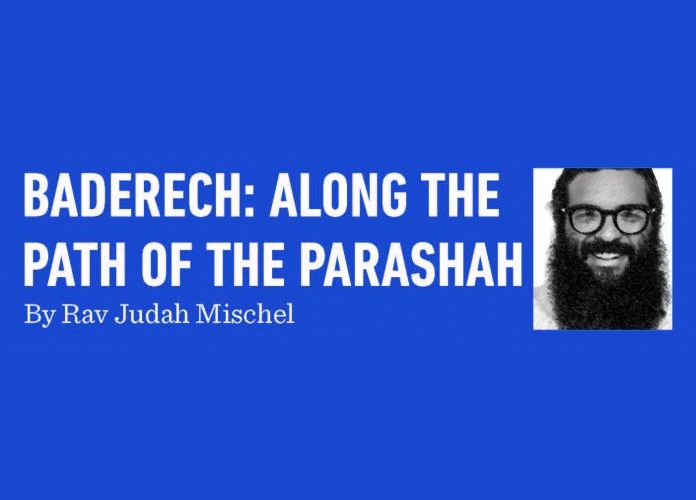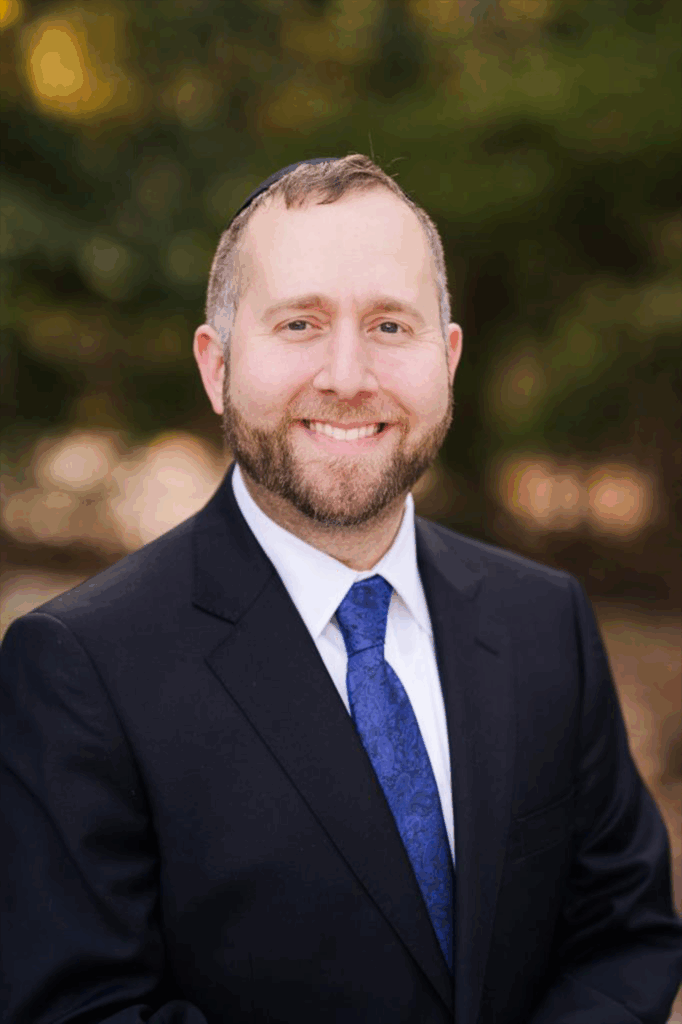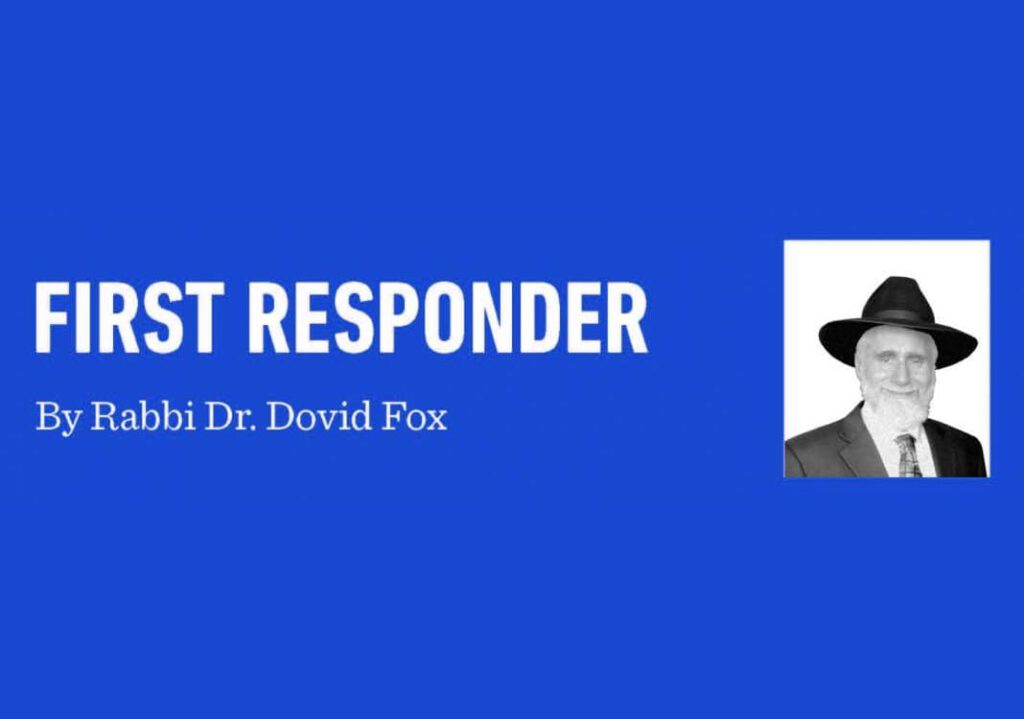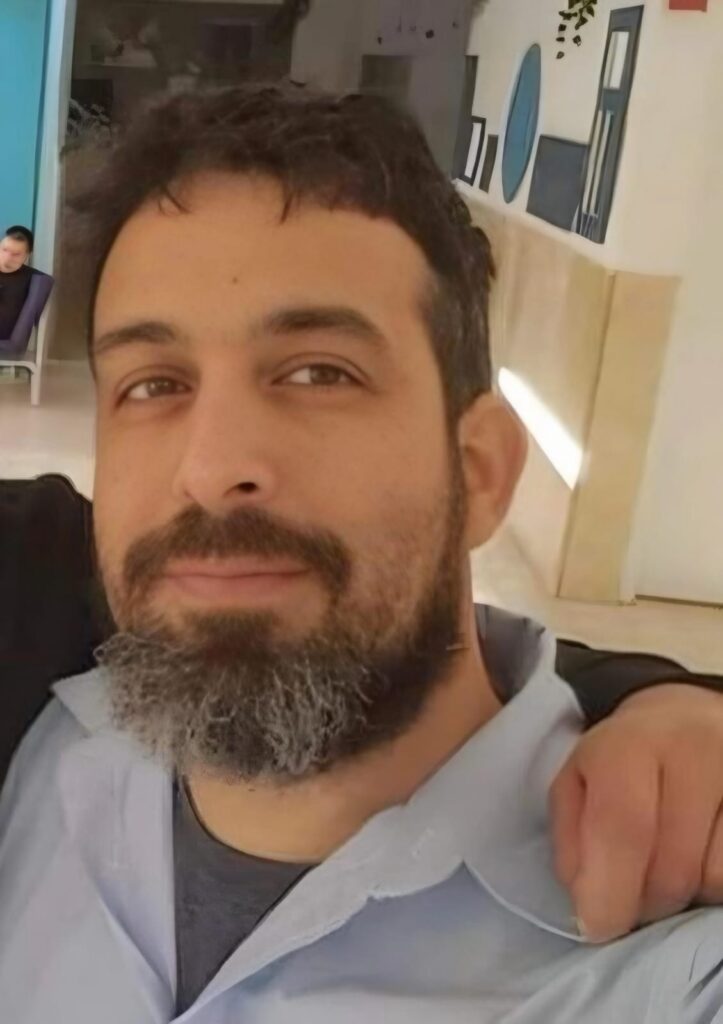Nitzavim: The Missing Horse
By: Rav Judah Mischel
The revolutionary Chassidic master Reb Simcha Bunim of Peshischa was known for his unique emphasis on the importance of one’s individual relationship with Hashem, placing self-honesty and authenticity at the center of avodah. Reb Bunim encouraged his followers to focus on self-development and a search for truth, insisting that closeness with the Ribbono shel Olam depends on excavating one’s own inner world and cultivating penimiyus, one’s internal spiritual resources. Before assuming the mantle of community leadership, Reb Bunim spent many years as a businessman and pharmacist and eschewed much of the external trappings of Chassidic courts’ dynasties.
Reb Bunim would relate a ma’aseh, which he said would be the message leading us to geulah:
A wealthy man in Poland once longed for the most magnificent horse in all of Europe. He spared no expense in searching for the perfect specimen: purebred, strong, flawless. Excited to have achieved his life-long dream, the g’vir had already built the finest stable in the land, a grand structure befitting his prize possession. Concerned that his investment be secure, he fitted the grand stable with the best lock and hired armed guards at the gate around the clock.
The first night that the horse arrived, his mind was racing; the man could not sleep. What if the guard had dozed off? What would be with the horse? Slipping out of bed, he checked, and sure enough, the guard was awake. Curious, he asked how the shomer managed to keep alert. The guard smiled and said, “I’ve been pondering all night on a difficult problem: When a nail is hammered into wood, where does the displaced wood go?” Amused and his fears now allayed, the g’vir told the guard to keep on thinking.
A few hours later, still restless, the g’vir got out of bed, put on his robe, and went down to the stable. Relieved, he found the guard to still be wide awake. “And what are you pondering now?”
“About bagels,” answered the guard. “When they bake the hole in the center, where does the dough from the hole disappear to? Where does that part go?”
At this point, the g’vir chuckled at these philosophical quandaries. Surely, with questions like these, the guard would never fall asleep.
Assured that everything was under control, the g’vir drifted off to sleep. However, he soon awoke in a panic; perhaps the guard had found clarity on all that he had been pondering and had fallen asleep himself. Racing outside, he saw the guard by his position at the gate, looking perplexed. Relieved, he asked, “Nu, please tell me: What question are you wondering about this time that has kept you awake?”
The guard answered quizzically: “So… I’ve been thinking. You bought the most beautiful and special horse in the world. For that horse, you built the finest stable. For that stable, you installed the strongest lock and even hired me to guard it night and day. Now I’m wondering, with all of this… how is it that the horse has gone missing?”
“Rebbi Dostai bar Yannai said in the name of Rebbi Meir: ‘Whoever forgets davar echad m’limudo, one word (literally “one thing”) of his study, is considered as if liable to death’” (Avos 3:8). Thus does the Mishnah warn us to be careful to retain our learning, to safeguard it, take it to heart, and live with it.
The Meor Einayim, Rebbe Menachem Nachum of Chernobyl, zt’l, (on parashas Kedoshim) brings the above Mishnah: “Whoever forgets Davar Echad, ‘the One Thing’—Hashem—from his learning, it is as if he has forfeited his life.” The focus of Jewish learning and the goal of Torah is to attune us to Hashem’s Presence in our lives and bind us with “the One,” the Ribbono shel Olam. If our limud haTorah is simply a cognitive, intellectual exercise, or even a subtle form of ego gratification, it is a sign that we have forgotten the “Davar Echad,” and our learning is disconnected from its Divine Source. Our obligation is to keep the ikar, “the main thing,” the main thing.
Jewish life and continuity depend so much on fidelity to halachah, commitment to an often complex structure of laws. Torah and mitzvah observance thrives in community and within institutions, which too depend on complex structures. From mosdos, educational centers, and shuls to kosher establishments and a plethora of chesed organizations, all are critical for our survival and our collective religious, social, and cultural preservation and success. For this reason, inestimable resources, time, and effort are poured into infrastructure. This can consume so much time and resources that we can miss the point and get caught up in external trappings of Yiddishkeit. We can lose sight of our ultimate purpose, lost in the details and measurements of religious practice. Without an intentional focus on the inner heart and essence of our observance, we may come to trade soul for structure. We may place all our energy into guarding, protecting, and surrounding ourselves with layers of locks and walls, while meanwhile, there is a perplexing emptiness in the center of it all.
A new year invites us to ponder what it really is which drives us to invest in the grand stable, the locks, and guards of our religion. For sometimes, while surrounded by all the commotion of building infrastructure to preserve our past and to protect our investment, we lose sight of the very essence—and forget the “One Thing,” the “horse” itself!
This week is Rosh Hashanah, also called Yom HaZikaron, “the Day of Remembrance.” May we remember the “One Thing” and enter the new year keeping the main thing the main thing.
Achat sha’alti me’eis Hashem…
“Just One Thing do I ask of Hashem…”
(Tehillim 27)
Rav Judah Mischel is executive director of Camp HASC, the Hebrew Academy for Special Children. He is the founder of Tzama Nafshi and the author of the “Baderech” series. Rav Judah lives in Ramat Beit Shemesh with his wife Ora and their family.















